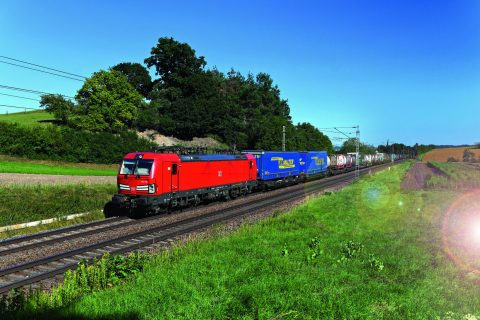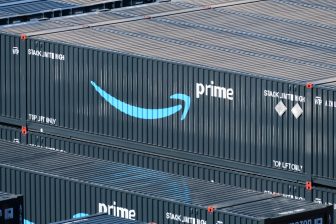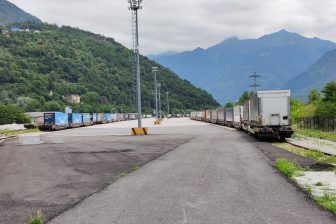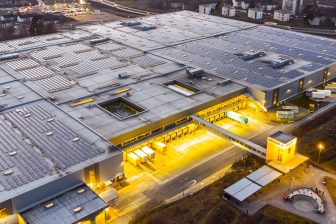
Kombiverkehr scores positive numbers against the tide
Kombiverkehr deems 2022 a relatively positive year, given that its figures grew against multiple challenges. The intermodal company saw a 3,4 per cent increase in its transported volumes compared to 2021, corresponding to 1,94 million TEU. Limited capacity, in contrast to high demand, was one of the company’s main struggles.
In total, Kombiverkehr transported 31,483 more containers, swap bodies and semi-trailers than in 2021. The growth was reflected both in national and international transport, with traffic from Germany, to the Netherlands, Belgium, Turkey, Greece, and on the Italy-Scandinavia corridor via Austria championing development upwards.
Q1 2022 driving force
The first quarter of 2022 was the one that made the difference for Kombiverkehr and the one which saved the year. In the second quarter, inflation, energy prices and infrastructure issues stole the show and slowed growth.
“After a robust first quarter, we were still well ahead of expectations for volumes at the end of the first half. It could have been even better given the high demand, but our traction service providers were reaching the limit of what was possible in terms of their capacities,” commented Kombiverkehr’s managing director Armin Riedl.
The fact that demand was there but capacity was not was probably one of the most frustrating issues, which also, according to UIRR, is one of the issues currently pressuring intermodal and combined transport and posing one of the biggest dangers for future growth. Freight trains are losing capacity in major markets like Germany and France, either due to infrastructure works or passenger services prioritisation resulting in the inability to run trains and, thus, the failure to convince customers to stay on the train.
Riedl explained that this was more or less the case. “As it has been in the last few years, the situation about engineering works was extremely fraught and challenging. That led to some train cancellations for quality reasons in the first six months. If trends continued in the year’s second half as they did at the start, Kombiverkehr could easily have carried more than one million consignments in the network for the third time in the company’s history,” he said.
The yes/but on policy
One of the policies that Kombiverkehr expects to benefit from is the terminal subsidy within the Directive on Subsidising Terminal Infrastructure for Combined Transport” that will soon be implemented in Germany. Now that this significant source of combined transport funding has been approved, further sums can again be invested in extending, modernising and building new infrastructure”, said Riedl.
However, he underlined that just the plan’s approval is not enough and that the German federal government should ensure sufficient funds from the federal state budget. This is one of the main concerns that German rail transport associations expressed when the scheme was approved and something that the German government will be tested upon concerning its determination to support rail and intermodal transport actively.
Compensation for capacity issues
Another critical remark when it comes to policy concerns sufficient infrastructure capacity and infrastructure quality. Investing in rail infrastructure alone is not enough, stressed Riedl, who underlined that network engineering works do not affect rail logistics operators but their customers. What he means is that customers lose money when their trains are delayed or cancelled, resulting in ambiguity when it comes to trusting rail and combined transport.
A possible solution, yet not very popular in governmental circles, would be the direct compensation of losses resulting from infrastructure inefficiencies. “We will not be dialling down our efforts to achieve better conditions for the use of combined transport for our customers”, concluded Riedl promising to keep lobbying for a solution.
Also read:




